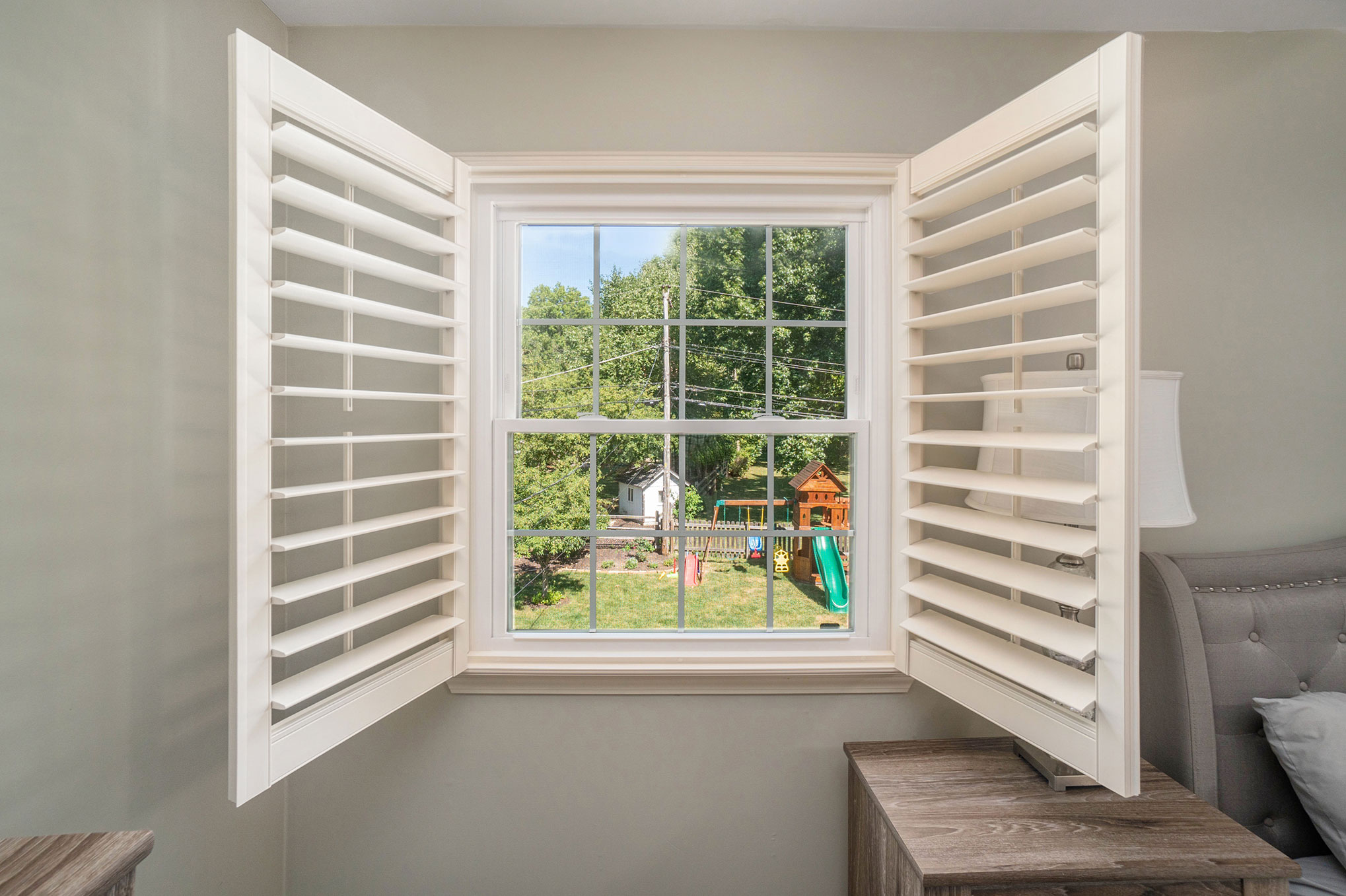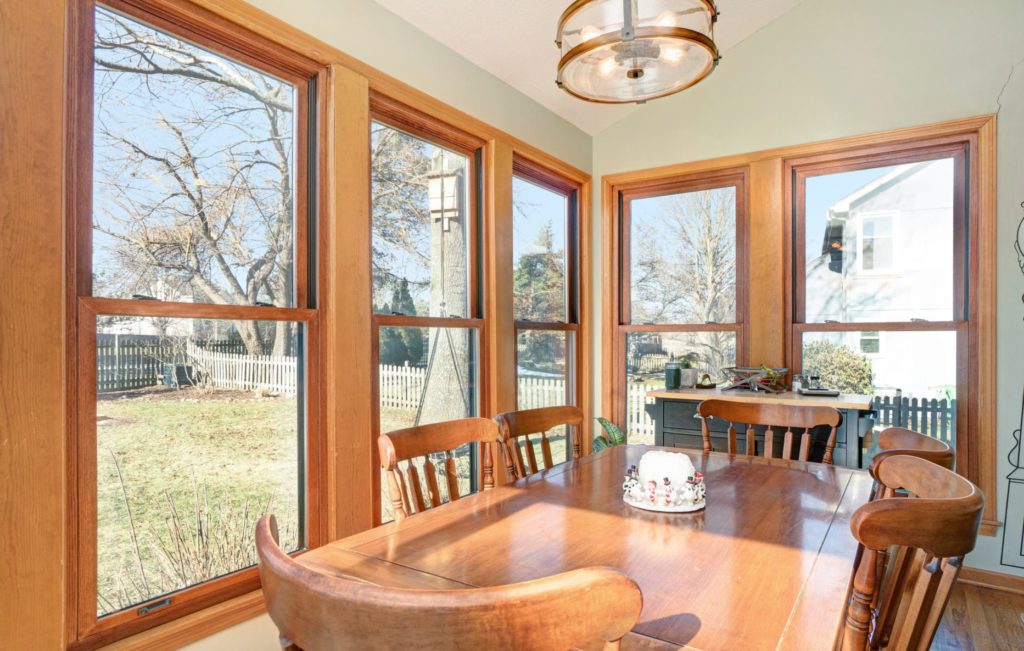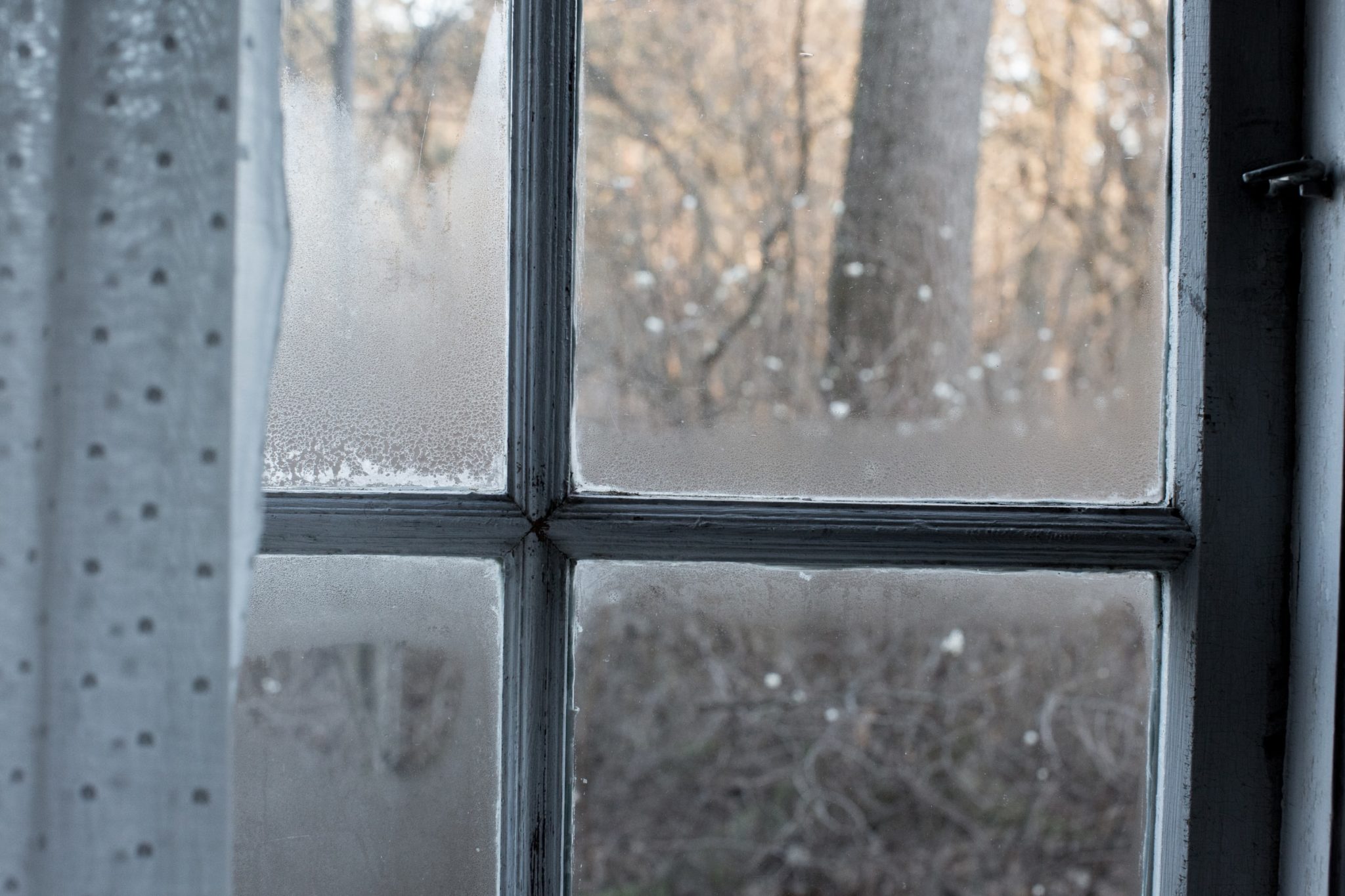
The Best Windows For Natural Light
Bathing your home in natural light will enhance the ambiance of your home and boost your energy. It can also help trim your utility bills. At Zen Windows, our team can help you choose the right windows for your home based on their facing, foliage cover, and desired view. It’s our pleasure to light up your life and illuminate the lifestyle you deserve to enjoy.
Take Advantage Of Light-Filled Rooms
Picture windows are ideal for enhancing the view and enjoying the sun’s rays. Flexible and functional, they will flood the living room, bedroom, dining room, etc., with all the light you need. Customizable to fit the room, picture windows are ideal for larger rooms where you plan to rest, relax, or entertain guests while enjoying the magnificent views.
Bay windows are another fabulous choice and a popular selection with homeowners who want to add classic charm to their home. These are perfect for bedrooms, sitting rooms, home libraries, kitchens, and other rooms where you want a multi-directional view. Bay windows can be created with operable or fixed windows, giving you the option of adding ventilation if you choose.
If space is at a premium and you want the flexibility of opening your windows in a manner that won’t disturb foliage around your home, then double-hung windows are an option worth considering. These can be adapted to fit the room and your home’s aesthetic. They’re easy to maintain, energy-efficient, and facilitate ventilation, making your home feel fresher and more comfortable.
Finally, we would be remiss if we didn’t discuss the many advantages of sliding glass doors for the back of your home. These can fill kitchens, bedrooms, living rooms, and family rooms with invigorating natural light. They’re perfect for “bringing the outdoors in.” They provide fast and easy access to outdoor patios, swimming pools, and outdoor kitchens.
Sliding glass doors are energy-efficient, attractive, and allow you to maximize the view of your backyard and the surrounding landscape. With the right curtains, you can enjoy the openness of the outdoors throughout the day and draw the curtains at night to enjoy privacy.
How To Add Natural Light In Dark Spaces
Dark rooms are drab and dreary. However, they don’t have to stay that way. Basements, laundry rooms, small bathrooms, and mud rooms are typically the darkest rooms in your home. While these rooms aren’t typically well-suited for larger bow, bay, or picture windows, they’re perfectly suited for awning windows and hopper windows.
Awning windows can be placed higher on the wall, which helps preserve your privacy while allowing you to illuminate and ventilate the room. This makes them perfect for bathrooms and laundry rooms.
Similarly, hopper windows won’t take up additional space in the design but can still be opened to facilitate natural ventilation. This makes them well-suited for bathrooms and laundry rooms, where ventilation and illumination are essential for keeping humidity levels down and mold/mildew growth at bay.
Wondering which windows are best suited for your home and the interior light you desire? The Zen Windows team can help!
Contact our window specialists to schedule an appointment and receive a quote.
We’re happy to help you choose the ideal windows for your needs and help you bring as much light into your home as you’d like.


